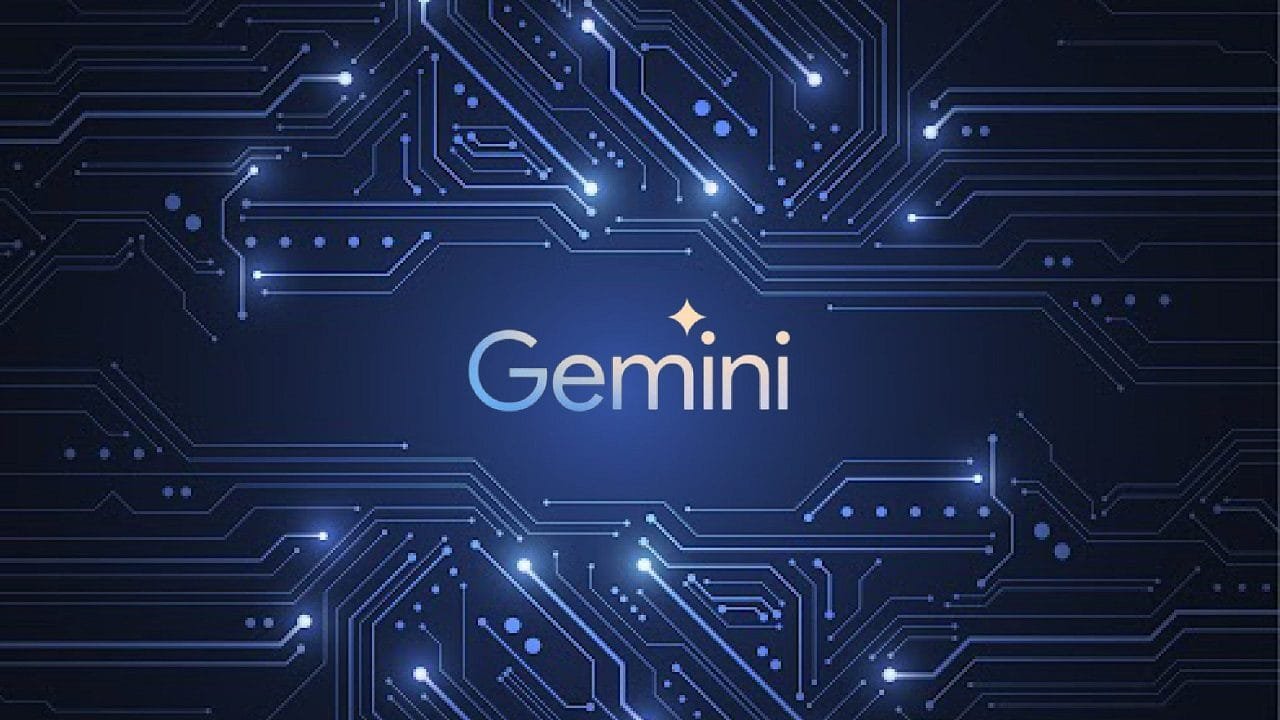Gemini 2 Powers Enhanced Search Experience Across Markets
Google has announced a significant upgrade to its AI Overviews feature, which is now powered by Gemini 2 in the United States with plans for rapid expansion to additional markets worldwide. This enhancement represents a substantial improvement in the system’s capabilities, particularly when handling complex queries related to coding challenges, advanced mathematical problems, and multimodal searches that combine text with other formats. The company promises users will experience both faster response times and higher quality answers through this updated technology.
The tech giant reports that over one billion people currently utilize the AI Overviews feature, though it’s worth noting this impressive statistic stems partly from the feature’s automatic implementation rather than opt-in user choice. The system activates automatically whenever Google’s algorithms determine it would be beneficial, without requiring user activation. This reach is now expanding further as AI Overviews extends to teenage users and individuals who aren’t signed into Google accounts. This means that previously available workarounds—such as logging out to avoid experiencing the feature—will no longer be effective for users who prefer traditional search results.
Experimental AI Mode Introduces Conversational Search Experience
Apparently determined to further integrate artificial intelligence into the search experience, Google is experimentally introducing a new feature called “AI Mode” through its Search Labs program. Unlike AI Overviews, this feature operates on an opt-in basis, allowing users to choose whether they want to engage with this enhanced search interface.
AI Mode significantly expands upon the foundation established by AI Overviews, incorporating what Google describes as “advanced reasoning, thinking, and multimodal capabilities”—effectively covering all current artificial intelligence buzzwords. When activated, AI Mode appears as a new tab positioned at the top of search pages, even preceding the standard “All” tab. This specialized interface not only allows users to pose initial questions but also supports follow-up inquiries, creating a more conversational search experience while still providing “useful web links” to traditional sources—at least for the time being.
The new search mode employs a specialized model built on Gemini 2.0 technology, which Google suggests will be particularly valuable for queries requiring comparison, argumentation, and deeper exploration, though the company itself seems somewhat ambiguous about the precise definitions of these capabilities. The promise is that users can pose complex questions that previously would have necessitated multiple separate searches—though realistically, users will likely still need to conduct additional searches if they require highly precise or comprehensive answers.
Integration of Advanced Models with Traditional Information Systems
Google describes AI Mode as a fusion of “advanced model capabilities” with the company’s “best information systems,” though specific details regarding this integration remain somewhat vague. Users gain access to high-quality web content, real-time information sources including the Knowledge Graph database, and shopping data encompassing billions of products—a feature Google includes apparently to maximize commercial relevance.
The company includes an important disclaimer with this new functionality: while Google aims for AI-based responses to maintain objectivity, there remains a possibility that some answers might unintentionally reflect personal opinions or biases. Google assures users that refining this aspect represents a priority for subsequent testing phases as the technology continues to evolve.
Looking ahead, the company promises forthcoming improvements including more visually rich responses featuring images and videos, enhanced formatting options, and innovative methods for presenting useful web content, though specific implementation details remain undisclosed at present.
Google plans to initially extend AI Mode testing invitations to subscribers of its Google One AI Premium service, suggesting a strategic rollout targeting users already engaged with the company’s advanced AI offerings.
The Broader Context of AI in Search Engines
This development represents a significant step in the ongoing transformation of traditional search engines into more interactive, AI-driven information platforms. As search engines increasingly incorporate artificial intelligence, the fundamental nature of online information retrieval continues to evolve from the traditional keyword-based model toward more conversational and contextual interactions.
The introduction of these features reflects Google’s response to competitive pressure from Microsoft’s integration of ChatGPT technology into Bing and other emerging AI-powered search alternatives. By progressively integrating AI capabilities into its core search product, Google aims to maintain its dominant market position while transitioning users toward these new interaction paradigms.
For users, this evolution presents both opportunities and challenges. The conversational nature of AI-enhanced search can make complex information more accessible and reduce the need for precise keyword formulation. However, concerns remain regarding the accuracy, transparency, and potential biases of AI-generated responses compared to traditional search results that more clearly display their sources.
Educational institutions and information literacy advocates have expressed concern about the potential impact on research skills, as AI-summarized responses might discourage users from engaging directly with primary sources. Meanwhile, content creators and publishers continue to raise questions about how their work is used to train these models and whether proper attribution is maintained when their content informs AI responses.
Glossary of Key Terms
AI Overviews: Google’s feature that provides AI-generated summaries at the top of search results for certain types of queries.
Gemini 2: The second generation of Google’s large language model that powers various AI features across Google products.
AI Mode: An experimental opt-in search experience that provides more conversational, AI-driven responses to queries.
Multimodal capabilities: The ability of AI systems to process and respond to multiple types of input (text, images, audio) simultaneously.
Knowledge Graph: Google’s knowledge base of facts about people, places, and things that helps improve search results with structured information.
Search Labs: Google’s program for testing experimental search features before wider release.
(Google)




